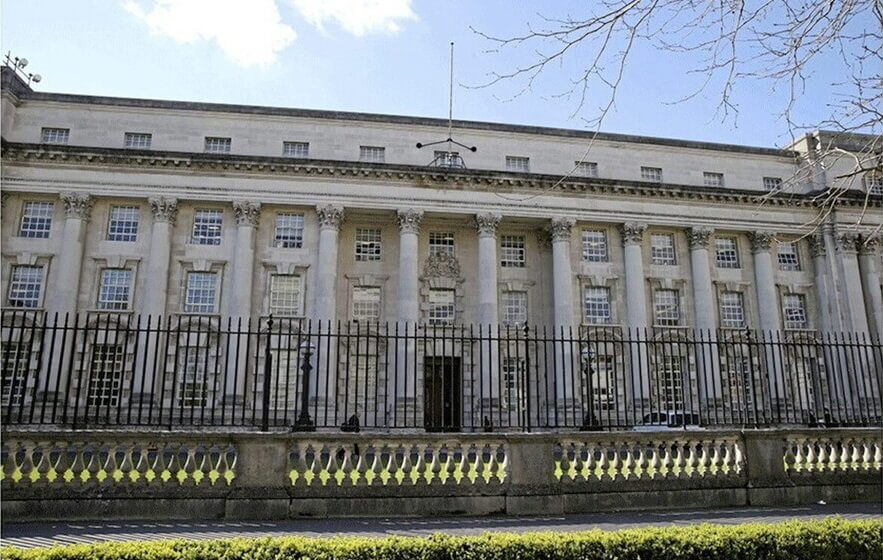
Joint enterprise test case secures date for hearing in Court of Appeal.
A man jailed for a gangland-style assassination in Co Down has secured a date for a landmark legal bid to clear his name.
Jamie Smith is currently serving a minimum 21-year-sentence for his role in the killing of Duncan ‘Dougie’ Morrison and attempting to kill Stephen Ritchie in May 2011.
He is seeking to establish that a change in the law on joint enterprise casts doubt on the safety of his conviction.
It is the first case of its kind to be referred to the Court of Appeal in Northern Ireland as a possible miscarriage of justice.
Lady Chief Justice Dame Siobhan Keegan confirmed today that the challenge is listed for a two-day hearing next month.
The two victims were blasted with a sawn-off shotgun and a 9mm pistol at a flat in Bangor.
Smith, 44, and co-accused Peter Greer, 47, were both found guilty of murder, attempted murder and two counts of possessing a firearm with intent to endanger life.
Two gunmen believed to have carried out the shooting were never identified, and no motive was established.
However, in his description of the attack the trial judge stated: “If not a gangster killing it was, at the very least, a planned and targeted assassination carried out with ruthless efficiency.”
A day before the murder Smith and Greer – who both lived in Belfast at the time of the shooting – were said to have been captured on CCTV making a “dry run” in a Volkswagen Golf.
They were also seen later travelling in convoy in a stolen Honda Civic, and on the morning of the shooting surveillance cameras picked them up driving towards Newtownards.
Smith was later arrested in the Golf travelling back to Belfast, with the key to the Honda found under his driving seat.
Despite a previous failed challenge to his conviction, his case has been sent back to the Court of Appeal by the Criminal Cases Review Commission (CCRC) – an independent body set up to examine potential miscarriages of justice.
The referral is based on a change in the law on joint enterprise cases where two or more defendants are charged with the same crime.
In 2016, the Supreme Court held that the law had been wrongly applied for more than 30 years, with the bar set too low for establishing the required intent of any secondary co-accused.
At a review today it emerged that disputed CCTV footage is also set to be played at the appeal hearing.
Outside court Smith’s solicitor, Michael Madden of Madden & Finucane, said:
“This is an important test case – the first to be referred back to the Court of Appeal in Northern Ireland regarding the change in the law on joint enterprise.
“The CCRC made a very strong statement that there is a real possibility the court will overturn my client’s conviction.”
You must be logged in to post a comment.